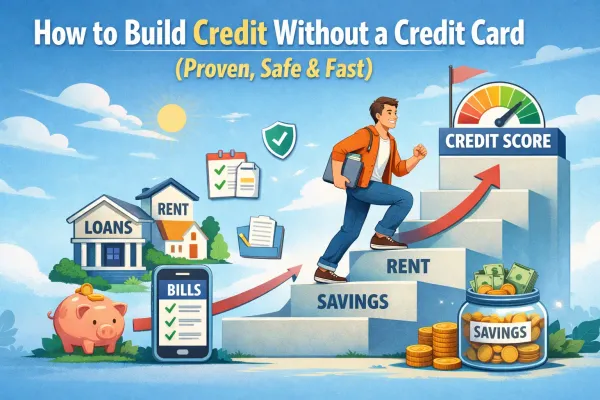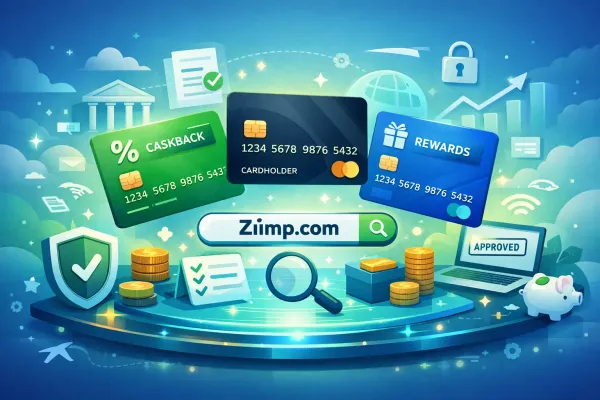What Is a Tax Holiday? How It Works, Examples, and Effectiveness
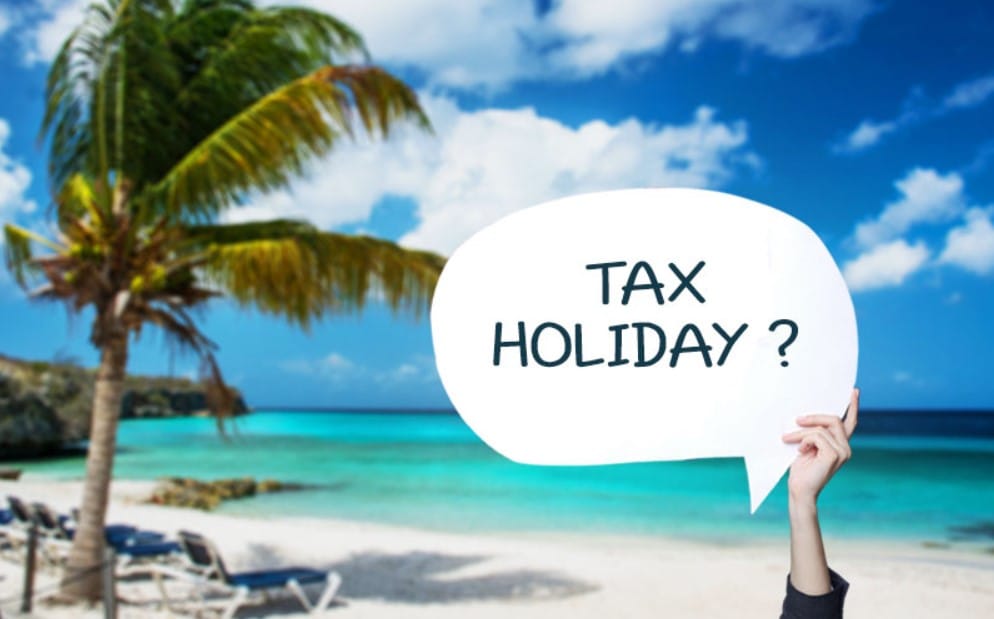
Tax holidays have gained popularity worldwide as governments seek innovative ways to incentivize consumer spending, attract investments, and boost economic growth. Whether you're a business owner or a consumer, understanding tax holidays can help you save money and make strategic financial decisions.
What Is a Tax Holiday?
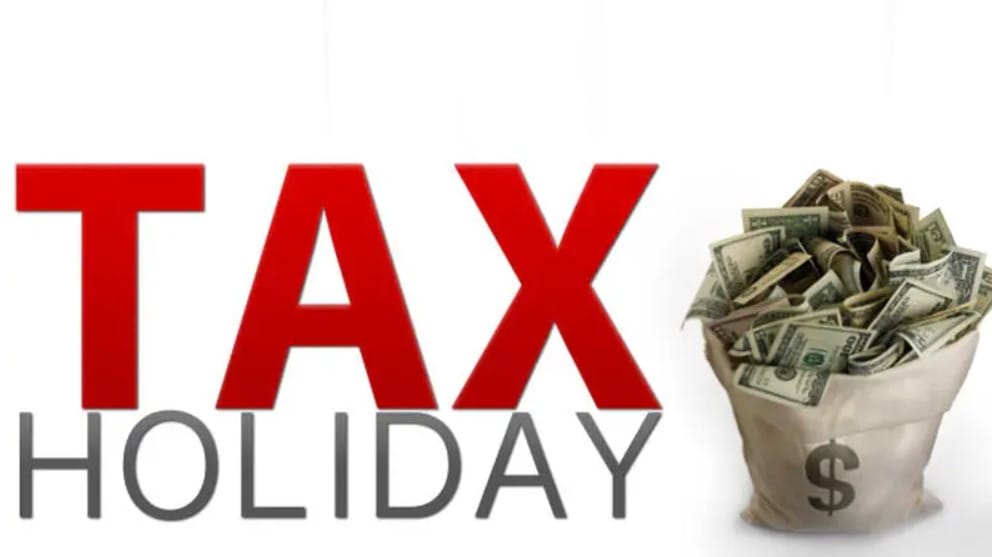
A tax holiday is a temporary period during which specific taxes are reduced or entirely eliminated. These holidays can apply to sales taxes, corporate taxes, property taxes, or other forms of taxation, depending on the purpose and jurisdiction.
Governments implement tax holidays to stimulate spending, attract investments, or provide relief to specific groups. For instance, a state may declare a back-to-school tax holiday during which school supplies, clothing, and technology purchases are tax-free for a limited time.
How Does a Tax Holiday Work?
Tax holidays operate under the framework of temporarily modifying tax regulations for a defined period. Here's a breakdown of how they function:
Implementation Process
- Legislative Decision: Tax holidays are typically announced by governments or legislative bodies.
- Defined Scope: Authorities specify which taxes will be waived and outline eligible items, services, or industries.
- Duration: Most tax holidays last for a few days, but some may extend to weeks or months, depending on the policy goals.
- Geographical Coverage: Tax holidays may apply to specific states, regions, or nationwide.
Impact on Consumers and Businesses
- Consumers: Shoppers benefit directly by purchasing tax-exempt items, saving a percentage of the purchase price.
- Businesses: Retailers and service providers often see a surge in sales during tax holidays, which can offset the lack of tax revenue.
Types of Tax Holidays
Tax holidays vary widely in scope and purpose. Below are some of the most common types:
Sales Tax Holidays
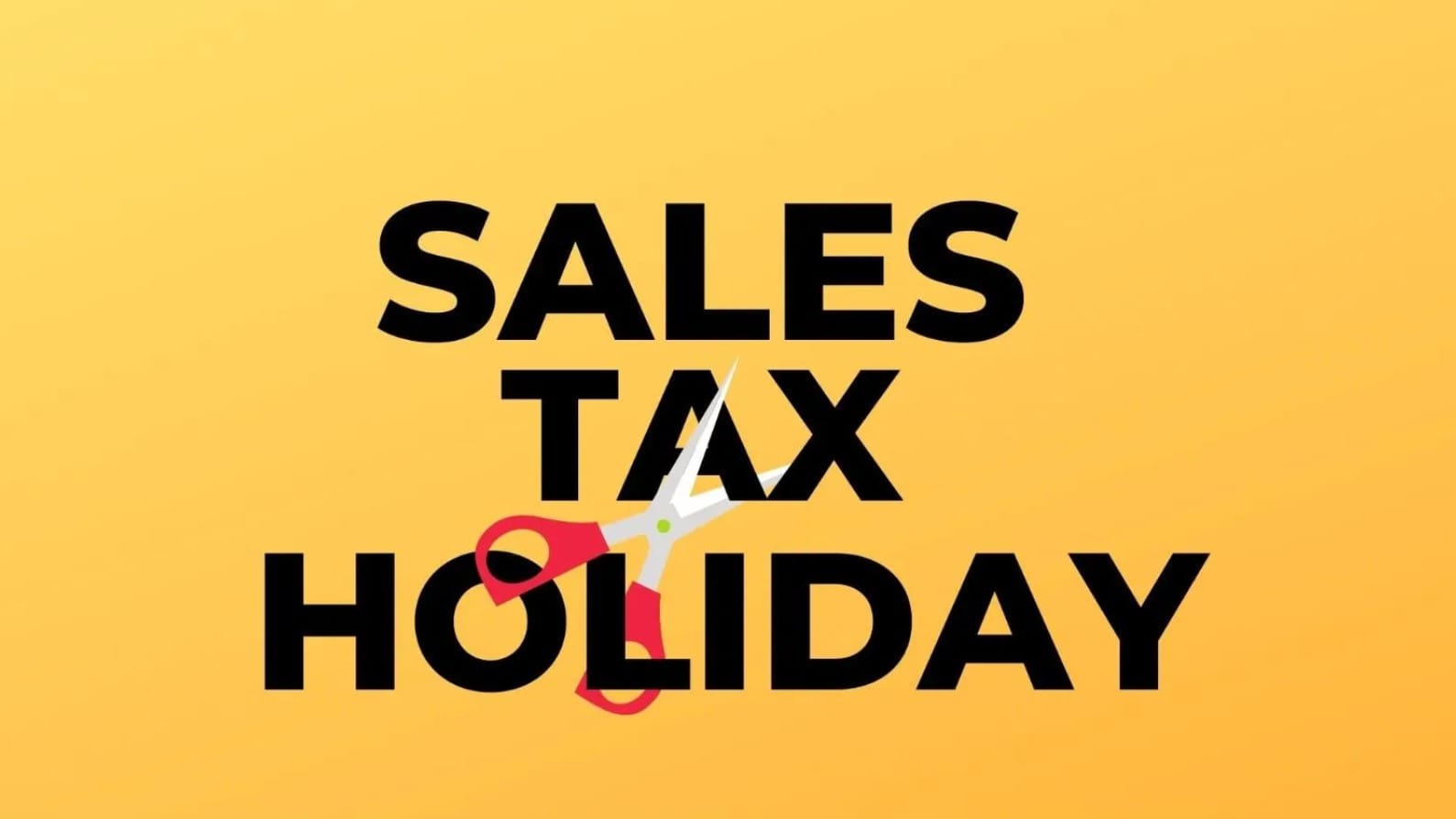
Sales tax holidays exempt consumers from paying sales taxes on certain products. Examples include:
- Back-to-School Sales Tax Holidays: Exemptions on school supplies, clothing, and electronics.
- Energy-Efficient Appliance Holidays: Tax breaks on energy-efficient appliances to encourage sustainable purchases.
Corporate Tax Holidays
Corporate tax holidays reduce or eliminate corporate income taxes to attract investments. For example:
- Startup Incentives: Governments may waive taxes for new businesses to encourage entrepreneurship.
- Foreign Investment Promotion: Corporate tax holidays for international businesses investing in local economies.
Property Tax Holidays
Some local governments provide property tax relief to promote residential or commercial property development in specific areas.
Holiday-Specific Tax Breaks
Occasionally, tax holidays align with national holidays or festivals, such as eliminating taxes on Christmas or Thanksgiving-related purchases.
Examples of Tax Holidays Around the World
United States
- Florida’s Back-to-School Tax Holiday: Florida offers a tax-free weekend every summer for school supplies, clothing, and laptops under $1,000.
- Energy Star Appliance Tax Holidays: Several states, including Texas, offer tax breaks for purchasing Energy Star-rated appliances.
Singapore
Singapore implemented a property tax holiday to encourage homeownership by exempting new buyers from paying property taxes for the first year.
India
The Indian government offers tax holidays to IT startups and export-oriented businesses to foster technological innovation and international trade.
Ireland
Ireland has used corporate tax holidays to attract global corporations like Apple and Google, making the country a tech hub.
Benefits of Tax Holidays
Tax holidays can create a ripple effect that benefits individuals, businesses, and governments.
For Consumers
- Immediate Savings: Lower or no taxes translate into reduced overall costs for essential items.
- Encouragement to Buy: Tax holidays motivate consumers to make purchases they might otherwise postpone.
For Businesses
- Increased Sales Volume: Retailers often experience a surge in revenue during tax holidays.
- Inventory Clearance: Businesses can clear old inventory by offering tax-free discounts.
For Governments
- Economic Boost: Tax holidays can temporarily stimulate economic growth through increased consumer spending.
- Positive Public Perception: These initiatives often improve government popularity by offering financial relief.
Drawbacks of Tax Holidays
While tax holidays provide numerous benefits, they are not without their challenges.
Revenue Loss for Governments
- Tax holidays result in reduced tax collections, which can affect budgets for public services like education and healthcare.
Limited Accessibility
- Not all consumers can benefit equally, especially low-income households that may not have discretionary income to take advantage of sales.
Short-Term Effectiveness
- The benefits of tax holidays are often temporary and may not result in sustained economic growth.
Complex Administration
- Implementing tax holidays can involve significant administrative effort and costs, particularly in defining eligible items and enforcing compliance.
How Effective Are Tax Holidays?
The effectiveness of tax holidays depends on the goals and implementation. Studies and real-world examples provide mixed results.
Boosting Consumer Spending
Tax holidays have been shown to increase sales during the exemption period. However, this spike may merely shift purchases rather than generate additional demand.
Encouraging Investments
Corporate tax holidays can attract foreign and domestic investment, but they may also lead to tax base erosion if companies exploit loopholes.
Providing Financial Relief
For many families, sales tax holidays offer much-needed financial relief, especially for essential purchases like school supplies.
Best Practices for Maximizing Tax Holidays
For Consumers
- Plan Purchases in Advance: Make a shopping list to ensure you take full advantage of the tax-exempt period.
- Research Eligible Items: Familiarize yourself with the list of tax-free products to avoid confusion at checkout.
- Combine Discounts: Look for retailer-specific discounts to maximize your savings.
For Businesses
- Advertise Early: Inform customers about the tax holiday to drive foot traffic and online sales.
- Stock Up: Ensure sufficient inventory to meet the increased demand.
- Offer Promotions: Pair tax exemptions with additional discounts to attract more customers.
For Governments
- Target Essential Goods: Focus tax holidays on items that benefit a broad segment of the population.
- Evaluate Impact: Monitor the economic outcomes to determine the success and feasibility of future tax holidays.
- Prevent Exploitation: Implement measures to prevent abuse, such as tax avoidance strategies by large corporations.
FAQs
What is the purpose of a tax holiday?
The primary purpose of a tax holiday is to provide financial relief, stimulate consumer spending, and encourage investments or economic activity in specific sectors.
Do tax holidays apply to all products?
No, tax holidays are usually limited to specific categories, such as school supplies, energy-efficient appliances, or certain business investments.
How long does a tax holiday last?
Tax holidays typically last a few days to a week, but some may extend to months, depending on the policy.
Are tax holidays effective in boosting the economy?
Tax holidays can boost short-term economic activity but may not always lead to sustained growth or equitable benefits.
How can consumers benefit the most from tax holidays?
Consumers can maximize benefits by planning purchases in advance, combining retailer discounts, and focusing on tax-exempt essential items.
Why do some critics oppose tax holidays?
Critics argue that tax holidays can lead to revenue loss for governments, create administrative complexities, and may not provide equitable benefits.
Conclusion
Tax holidays are a double-edged sword. They offer short-term financial relief for consumers and businesses while stimulating economic activity. However, their effectiveness largely depends on careful implementation and targeted objectives. Whether you're a shopper looking for savings or a policymaker considering tax holiday strategies, understanding their dynamics is key to maximizing their benefits.

